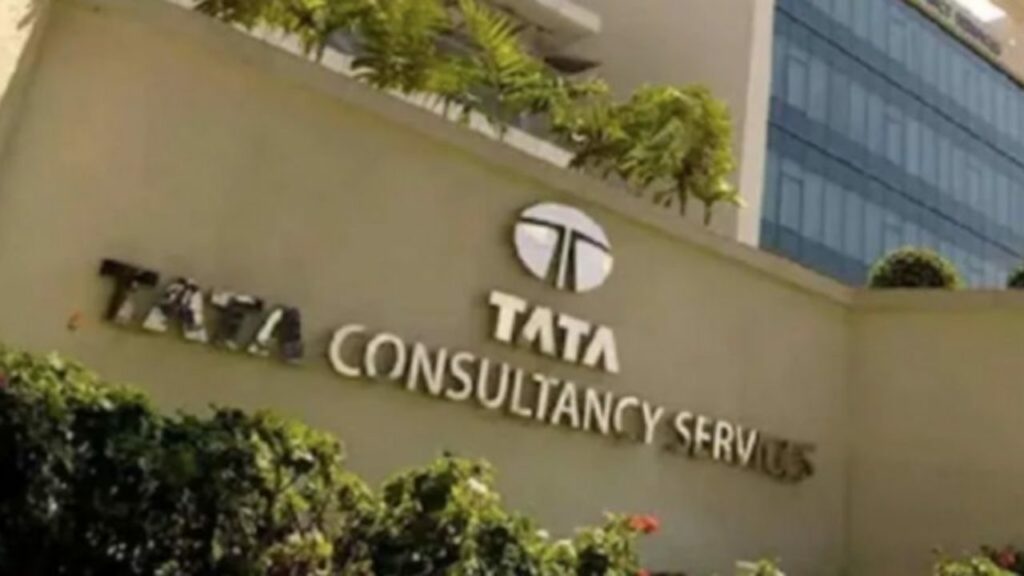TCS CEO K Krithivasan recently weighed in on the ongoing discussion regarding work-life balance, triggered by remarks from industry figures such as L&T Chairman SN Subrahmanyan. Subrahmanyan’s controversial comment suggesting that employees should work 90 hours a week, including Sundays, caused a public outcry. Krithivasan, however, emphasized that the number of hours worked is less important than finding a personal balance that works for individuals.

Krithivasan explained that, while some weeks may demand 60 hours of work, others may require as little as 40 hours. His key message: employees should find their own rhythm and maintain happiness in the long term.
Context Matters: Misinterpreting Comments
When addressing Subrahmanyan’s comment, Krithivasan urged against taking statements out of context. He highlighted that suggestions of working on Sundays were made in specific situations, such as when critical tasks needed to be completed. Krithivasan suggested that these remarks shouldn’t be viewed as a directive for employees to work excessively.
Krithivasan explained that work-life balance can look different for each person, depending on their preferences and professional demands. He stressed that working Sundays should not become a routine expectation and shouldn’t be “blown out of proportion.”
Youth, Work-Life Balance, and Changing Perspectives
Krithivasan also weighed in on the younger generation’s preference for work-life balance. Rather than criticizing the youth, he praised their efforts and resilience. He recognized that the shift towards a healthier work-life balance was a natural evolution of work culture.
While some industry leaders like Narayana Murthy have pushed for longer workweeks to change India’s work culture, Krithivasan remained firm that work-life balance is about individual comfort. He encouraged a more nuanced view of the debate, which should consider both the changing nature of work and personal well-being.
Concerns Over H-1B Visas and Workweek Expectations
Krithivasan also addressed concerns regarding the H-1B visa program, reassuring that TCS is well-prepared for any potential cuts. He noted that over 50% of TCS employees in North America are locals, reducing their reliance on H-1B visas.
As for the growing debate about long workweeks, Krithivasan urged that it should be approached with a balanced understanding, considering the diverse needs of employees. The future of work, he suggested, lies in personalization and mutual respect between employers and employees.
Conclusion
TCS CEO Krithivasan’s comments shed light on the ongoing debate surrounding work-life balance. While respecting the viewpoints of industry veterans, he advocates for a fairer, more individualized approach to work expectations, encouraging companies to embrace the diverse needs of their workforce.











